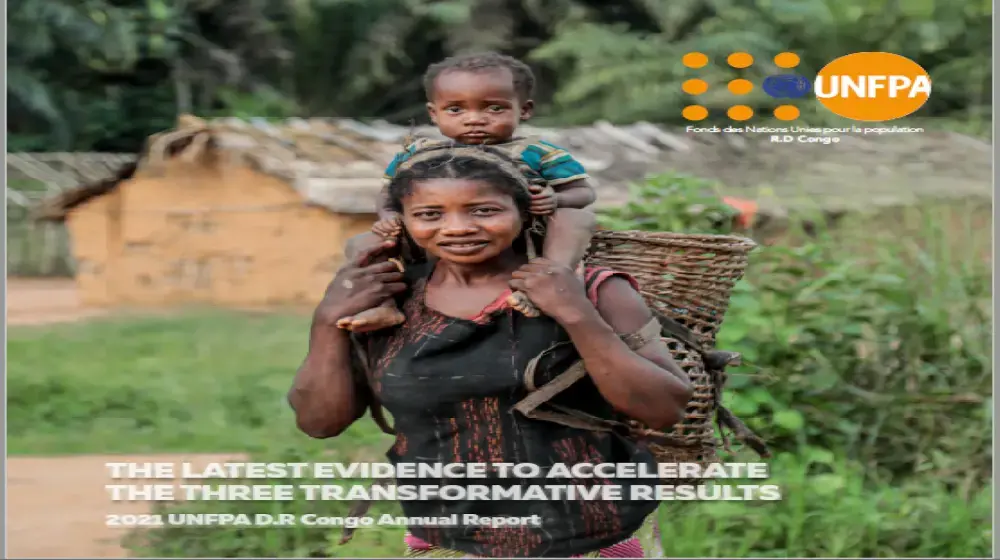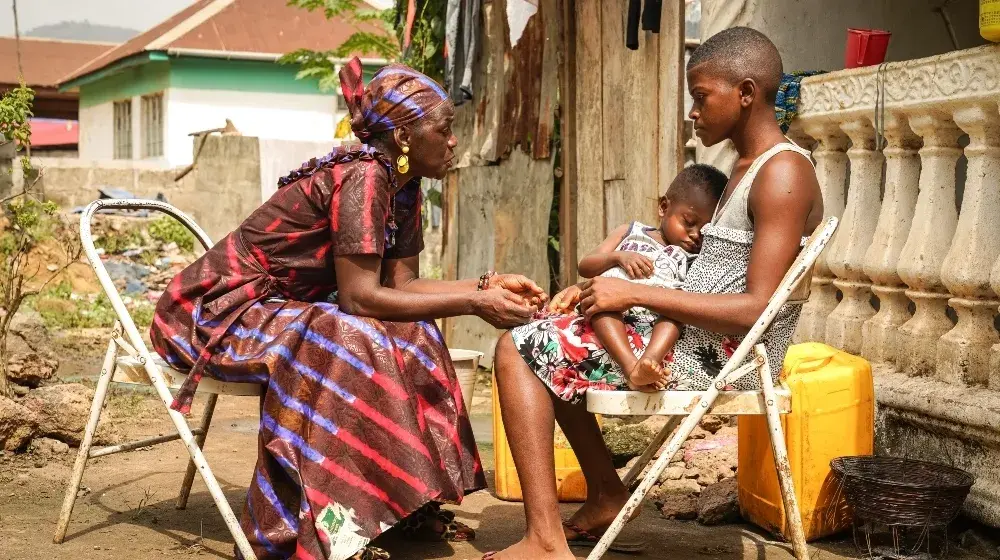The international day to end obstetric fistula has been celebrated on May 23rd, 2017 at Saint Joseph hospital under the leadership of the General Secretary of the Ministry of Health.
Nearly 100 people participated to that activity including the representatives of the Ministry of Health, the civil society, the UN agencies and women who received or not obstetric fistula repair.
The director of Fistula Clinic was the first to take the floor. She spoke about the history of Fistula Clinic established in 2003 at the launching of the world campaign to end fistula. She also commended partnership with UNFPA that help give free care to women suffering from fistula.
Dr Emile Debacker , Founder of Fistula Clinic acknowledged all partners for their contribution to the care of women suffering from fistula. They look like living dead. Care may resurrect and bring them back to life. 85% of women who received repair are cured thanks to the expertise and perseverance of the medical staff.
The message of UNFPA Executive Director, Dr.Babatunde Osotimehin to the occasion of the International Day to End Fistula 2017, by UNFPA deputy Representative, reads:
« The theme of this year’s International Day to End Obstetrical Fistula, “hope, healing and dignity for all” is at its heart, a call to realize the fundamental human rights of all women and girls everywhere, with a special focus on those most left behind, excluded and shunned by the society.
Ending Obstetric Fistula is a high priority for UNFPA, the United Nations Population Fund, and it is a key step on the road to achieving the world’s Sustainable Development Goals by 2030.
Fistula has been virtually eliminated in wealthier countries, and we know that it can be eliminated in all countries. Strong health systems and more efforts to address the underlying issues that perpetuate its rise including poverty, gender inequality, early marriage, early childbirth, lack of education are crucial.
The guests to the ceremony visited women who received repair in a ward. A total of 20 women were laying in bed and received a dignity kit given by UNFPA




